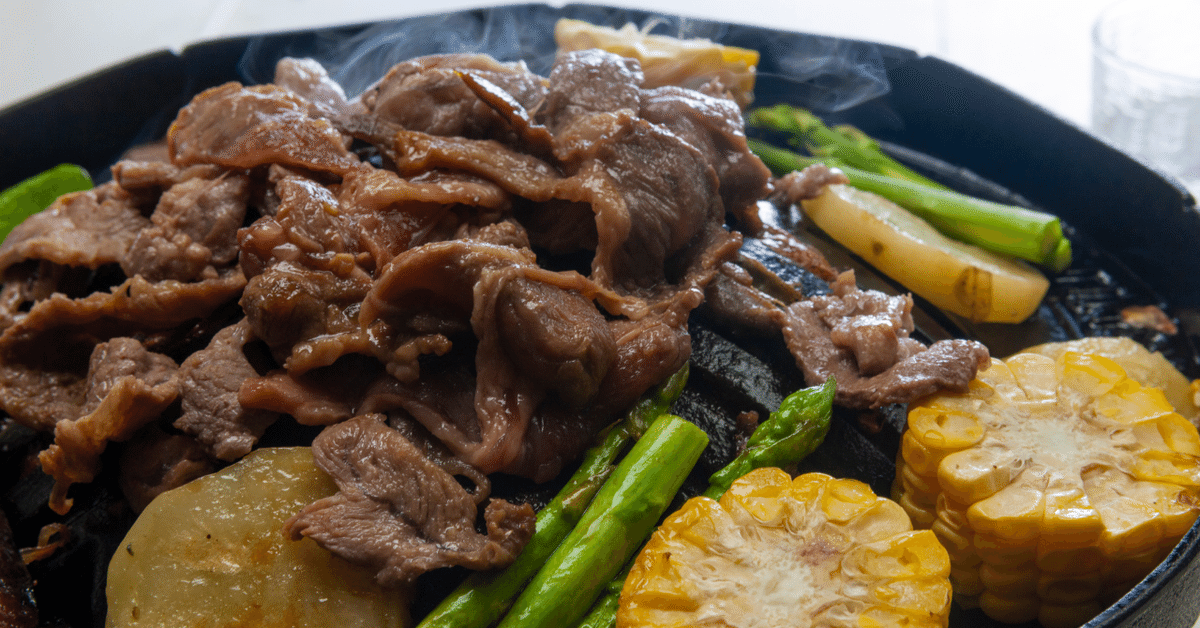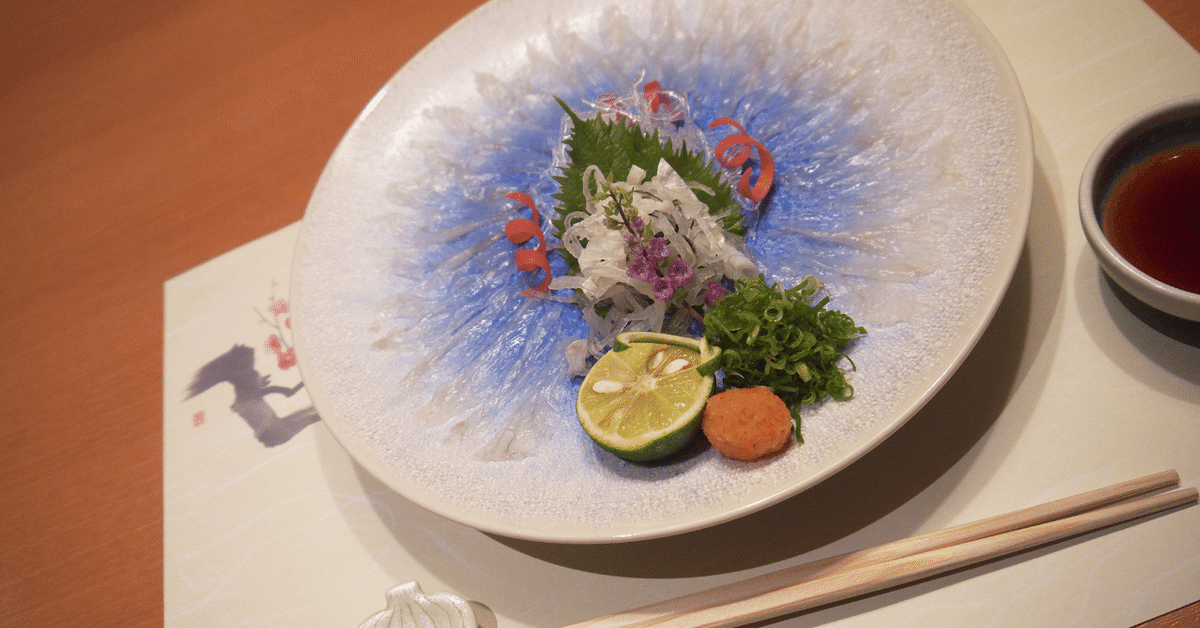
Regional Food Culture in Japan: A Culinary Journey Through Tradition and Taste
📱Check it out if u are planning to travel to Japan👇
Japan is a nation where each region boasts its own unique flavors, ingredients, and culinary traditions. The country's rich and diverse food culture offers a gastronomic adventure for any visitor. Exploring these regional specialties not only satisfies the palate but also provides a deeper understanding of Japan's history, traditions, and local lifestyles. Here’s a comprehensive guide to the must-try regional dishes across Japan:
1. Hokkaido: The Northern Culinary Paradise

Hokkaido, Japan’s northernmost island, is celebrated for its bountiful seafood and high-quality dairy products. Don’t miss:
Kaisen-don: A bowl of rice topped with a variety of fresh seafood like salmon, tuna, and ikura (salmon roe), often found in the markets of Sapporo and Hakodate.
Jingisukan: A grilled mutton dish named after Genghis Khan, served with vegetables and cooked on a dome-shaped metal grill.
Hokkaido Dairy: Indulge in creamy soft serve ice cream, rich milk, and butter made from locally sourced dairy.
2. Tohoku: Comfort Foods for Cold Winters

The Tohoku region, known for its harsh winters, offers warming and hearty dishes:
Ichigo-ni: A delicate soup made with sea urchin and abalone, traditionally enjoyed during special occasions in Aomori.
Wanko Soba: A fun and unique dining experience where small bowls of soba noodles are continuously served until you signal to stop, a tradition in Iwate Prefecture.
Hittsumi: A comforting stew with hand-pulled dough pieces, chicken, and vegetables, popular in Akita Prefecture.
3. Kanto: Urban Flavors and Traditional Favorites

Kanto, including the bustling metropolis of Tokyo, offers a blend of old and new culinary delights:
Chanko Nabe: A nutritious hot pot dish consumed by sumo wrestlers, packed with vegetables, meat, and tofu, found in the Ryogoku area of Tokyo.
Tempura: Lightly battered and deep-fried seafood and vegetables, perfected in the restaurants of Tokyo.
Unagi: Grilled eel glazed with a sweet and savory sauce, typically served over a bed of rice, especially famous in the summer.
4. Kansai: The Heart of Japanese Cuisine

Kansai, home to cities like Osaka and Kyoto, is known for its flavorful street food and refined culinary traditions:
Kaiseki Ryori: A multi-course dining experience that showcases the art of Japanese haute cuisine, emphasizing seasonal ingredients and exquisite presentation, particularly in Kyoto.
Takoyaki: Ball-shaped snacks filled with diced octopus, tempura scraps, pickled ginger, and green onion, topped with takoyaki sauce and bonito flakes, best enjoyed in Osaka.
Kitsune Udon: Udon noodles served in a light broth with aburaage (sweetened deep-fried tofu), a simple yet flavorful dish from Kyoto.
5. Chugoku: Coastal and Mountainous Delights

The Chugoku region, with its coastal areas and mountainous terrain, offers a mix of fresh seafood and hearty dishes:
Fugu: The famously delicate and potentially dangerous pufferfish, prepared by licensed chefs in Yamaguchi.
Dotenabe: A miso-based hot pot with oysters, tofu, and vegetables, a winter specialty in Hiroshima.
Izumo Soba: Buckwheat noodles served in a variety of ways, with a distinct robust flavor, from Shimane Prefecture.
6. Shikoku: The Island of Pilgrimage and Flavor

Shikoku, known for its pilgrimage routes, offers distinctive local dishes:
Sanuki Udon: Famous for its firm and chewy texture, these noodles are typically served in a simple broth with scallions and tempura, hailing from Kagawa Prefecture.
Shoyu Mame: Soybeans marinated in soy sauce, a popular snack in Kochi.
Naruto Kintoki: Sweet potatoes from Tokushima, known for their natural sweetness and creamy texture, often used in desserts.
7. Kyushu: A Fusion of Flavors

Kyushu’s warm climate and historical trade links have created a rich culinary tapestry:
Tonkotsu Ramen: A rich, creamy pork bone broth ramen, famous in Hakata (Fukuoka).
Mentaiko: Spicy cod roe, often enjoyed with rice or as a filling in onigiri, particularly popular in Fukuoka.
Kurobuta Pork: Tender and flavorful black pork from Kagoshima, served in various forms such as shabu-shabu or tonkatsu.
8. Okinawa: A Tropical Taste

Okinawan cuisine reflects its unique history and subtropical environment:
Goya Champuru: A stir-fry featuring bitter melon, tofu, pork, and eggs, embodying the island’s simple and healthy cuisine.
Soki Soba: Okinawan noodles served with tender pork ribs in a clear broth, distinct from mainland soba.
Beni Imo: Purple sweet potatoes used in a variety of sweets and dishes, showcasing the island’s vibrant produce.
Savoring Japan’s Regional Diversity
To truly experience Japan’s regional food culture, consider visiting local izakayas (pubs), street food stalls, and traditional restaurants. Participating in seasonal festivals and local markets can also offer a taste of the regional specialties. Engaging with locals and learning about the stories behind the dishes will enrich your culinary journey and provide a lasting appreciation for Japan’s diverse food heritage.
Embark on this gastronomic adventure and discover the heart and soul of Japan through its regional cuisines, where each bite tells a story of tradition, innovation, and community.
JTI | Japan Travel Itinerary
Empowering your travel dreams with bespoke itineraries crafted by our expert team, independent of vendors for truly personalized experiences.
Check our SNS (Instagram)
🔥We share Japan useful travel tips
https://www.instagram.com/japan_travel_itinerary/
